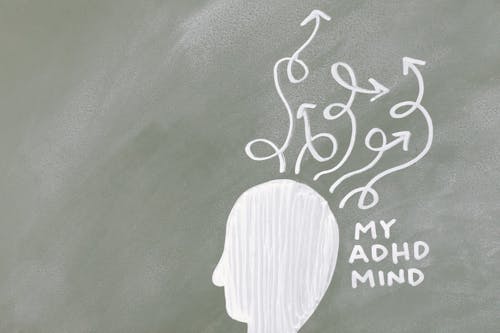Understanding and Managing ADHD: A Comprehensive Guide

Attention-deficit/hyperactivity disorder (ADHD) is a neurodevelopmental disorder that affects both children and adults. It is characterized by symptoms such as difficulty paying attention, impulsivity, and hyperactivity.
ADHD is one of the most common neurodevelopmental disorders, affecting an estimated 8-10% of school-aged children and 4% of adults. It is more common in males than females and often runs in families.
The exact cause of ADHD is not fully understood, but research suggests that it may be related to a combination of genetic, environmental, and brain development factors.
Symptoms of ADHD can include:
- Difficulty paying attention
- Impulsivity
- Hyperactivity
- Difficulty following instructions
- Forgetfulness
- Disorganization
ADHD can affect a person’s daily life, making it difficult to succeed in school, work, and relationships. However, with proper treatment, many people with ADHD can lead successful and fulfilling lives.
Treatment for ADHD typically includes a combination of medication, therapy, and lifestyle changes. Medications such as stimulants can help to improve attention and reduce impulsivity and hyperactivity. Therapy, such as cognitive-behavioral therapy, can help to teach skills for managing symptoms and improving daily functioning. Lifestyle changes, such as regular exercise, healthy eating, and good sleep habits, can also be beneficial.
If you or a loved one is experiencing symptoms of ADHD, it is important to seek help from a qualified healthcare professional. An accurate diagnosis and proper treatment can make a significant difference in managing symptoms and improving daily life.
In conclusion, ADHD is a common neurodevelopmental disorder that affects both children and adults. It is characterized by symptoms such as difficulty paying attention, impulsivity, and hyperactivity. With proper diagnosis and treatment, many people with ADHD can lead successful and fulfilling lives.


 Virtual Counseling for Florida Residents
Virtual Counseling for Florida Residents